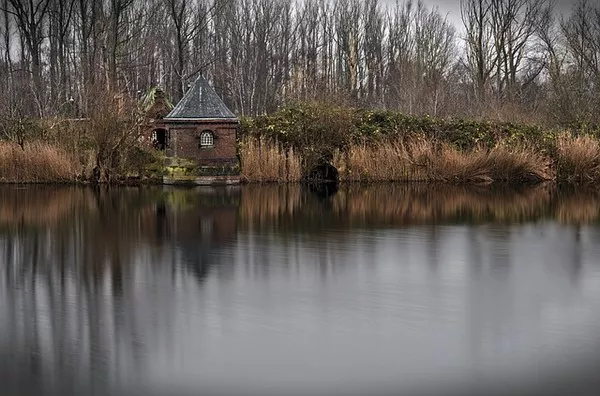Cities are grappling with the myriad challenges of maintaining large urban water systems, from malfunctioning pumps to water shortages exacerbated by a warming world. In response, innovative approaches, such as wastewater recycling and decentralized water treatment systems, are gaining traction as alternatives to traditional centralized models.
Decentralized or distributed systems, characterized by small-scale water treatment, reclamation, and recycling, represent a departure from the conventional reliance on centralized water systems. These systems aim to collect, treat, and reuse water in close proximity to both the source and the user, offering potential advantages in terms of cost, maintenance, and water security.
Cities like El Paso, Texas, are implementing decentralized systems to treat wastewater locally and recycle it for reuse within the same urban area. Austin, Texas, and San Francisco are redirecting storm runoff and wastewater for specific purposes like irrigation or groundwater recharge.
Windhoek, Namibia, has been a pioneer in treating wastewater to a drinking standard since 1968, demonstrating the viability of closed systems that recycle stormwater runoff, industrial water, and agricultural runoff. Recent developments in California also signal a shift toward allowing the conversion of wastewater to drinking water.
The versatility of small-scale treatment is expanding with technological advancements. Membrane-based and electrochemical processes, including reverse osmosis and electrodialysis, show promise in recovering fresh water, nutrients, and energy from wastewater. Microbial fuel cells leverage microbes to produce electricity while facilitating wastewater treatment. These modular designs can be easily scaled up or down and integrated into hybrid systems to supplement large centralized systems.
In a simulation of Houston, a city with a vast centralized water supply, researchers found that a hybrid system incorporating decentralized sources performed better in supplying water and mitigating low flows across the city, particularly in areas prone to low water pressure. Additionally, reclaimed water from distributed systems can help limit the spread of contamination.
Despite these benefits, public perceptions and skepticism regarding recycled water remain challenges. Educating the public on the safety and benefits of properly treated recycled water is crucial. A robust business model and supportive governance structures are also needed to ensure the cost-effectiveness of decentralized systems.
As communities explore revitalizing water infrastructure, the integration of decentralized approaches offers an opportunity to enhance resilience, address water scarcity, and adapt to a changing climate. Globally, small-scale decentralized systems could provide water security and increase access in underserved areas facing the impacts of climate change.

